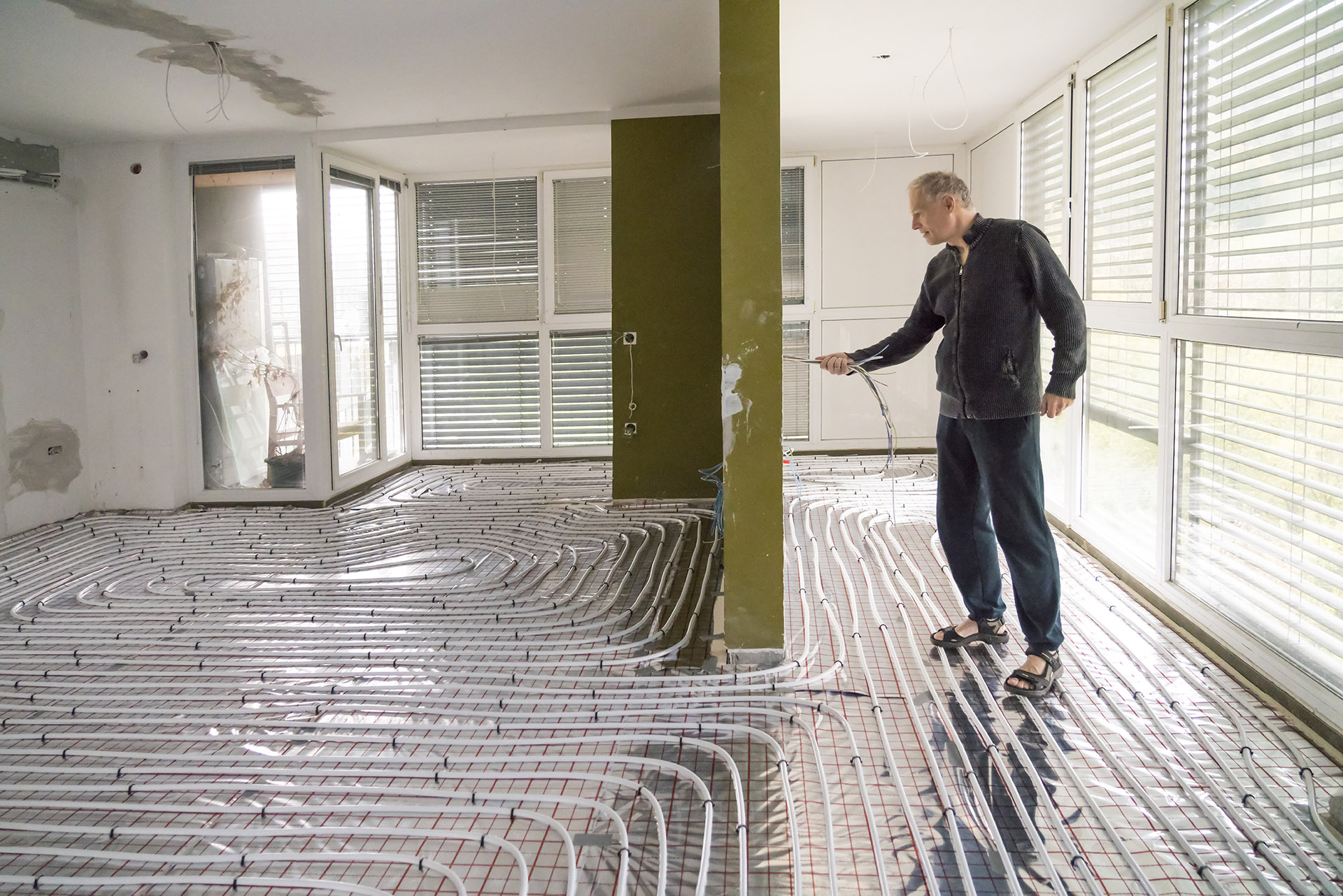Integrated Approaches for the Energy Transition in Existing Buildings
The Integrale Energietransitie in Bestaande Bouw (Integrated Approaches for the Energy Transition in Existing Buildings) is a multi-year, multi-stakeholder program focused on developing affordable and user-friendly renovation concepts for residential buildings. The program consortium is working on innovative solutions for heat conversion and storage, digitization, industrialization concepts, decision-making frameworks, value chain integration and partnership models.
The project is supporting the ambition of the Netherlands to renovate 200,000 homes per year in a manner that reduces greenhouse gas emissions achieves a climate-neutral built environment.
The Faculty of Architecture & the Built Environment is involved in the following IEBB projects. More information and project results can be found in the links below.
- Project 1.3: 2ndSKIN® Configurator
- Project 1.5: Collective Heat
- Project 2.1: Data-driven Optimization of Renovation Concepts
- Project 4.3: 3D Printing & Logistics
- Project 5.2: Strategies for promoting energy efficiency renovations in the Dutch owner-occupied sector
- Theme 6: Complex Assessment Frameworks
- Project 7.1 Bundling of Energy Renovation Offers
- Project 7.2: Standardising and Bundling Demand of Housing Associations
The project was initiated by the Building and Technology Innovation Centre (BTIC) and is led by TNO. The project consortium is made up of over 125 organizations, including knowledge institutions, construction companies, the technology and design sector, governments, homeowners and residents.
Facts
| Funder: | This project is executed by the support of the MMIP 3&4 grant from the Netherlands Ministry of Economic Affairs & Climate Policy as well as the Ministry of the Interior and Kingdom Relations. |
| Programme: | Meerjarige Missiegedreven Innovatieprogramma’s 3&4 |
| Role TU Delft: | Project partner in several projects |
| Project duration: | 2020 - 2024 |
| TU Delft researchers: | Dr. Özgün Balaban (Post Doctoral Researcher) |
Project partners
All project partners can be found on the individual IEBB project pages.
